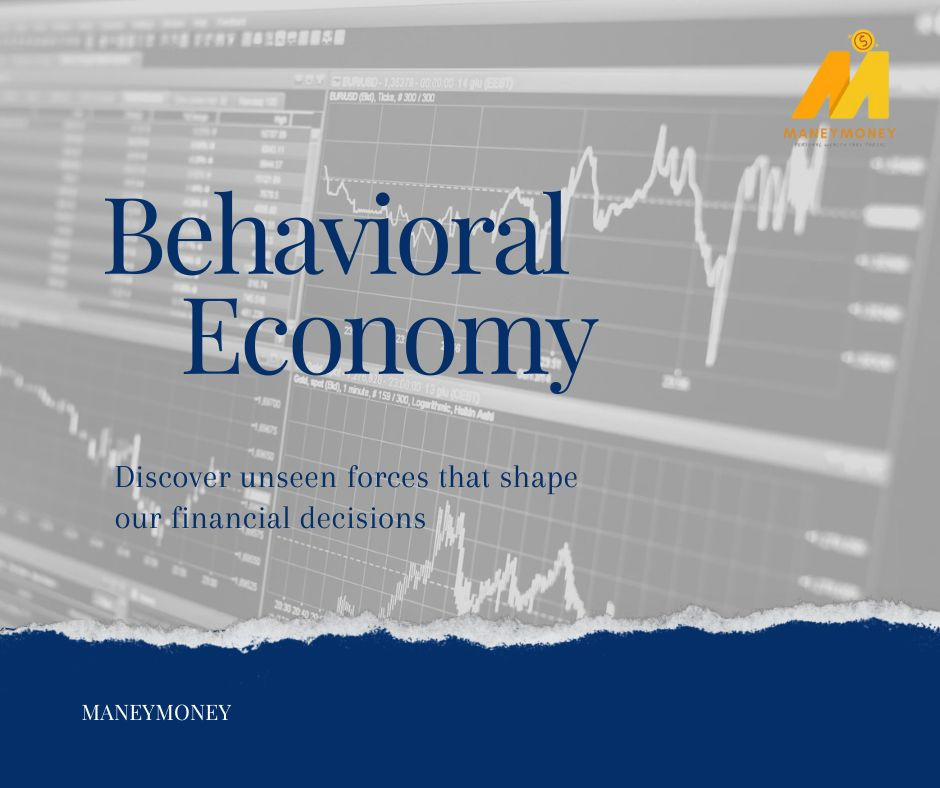I’m pretty sure we all have ever bought something we didn’t really need just because it was on sale? That means you’ve experienced something about behavioral economics.
The term “Behavioral economics” is a mix of psychology and economics. It’s generally about how we actually make decisions, not how you should make them theoretically. It’s simply about why we often act in ways that don’t seem logical when it comes to money, choices, or planning. Traditional economics assumes people are always “rational”, that we always think clearly and make the best choice when we make decisions. But in reality, it’s different. Feelings, habits, and mental shortcuts are involved in our choices.
For example, Let’s say you go to a coffee shop and see three sizes:
Small – 50 baht
Medium – 75 baht
Large – 90 baht
Even if you wanted a smaller one, you might pick the large one because it feels like a better deal. This is what we called “the decoy effect.” You’re being nudged to choose what seems like better value, even if you didn’t need that much. That’s why you decide to start saving money, but keep putting it off. That’s “present bias.” We like rewards now more than benefits later. This is why many people around the world struggle with saving for retirement.
People would always make the best choices that give them the benefit or happiness. In economics, rational choice theory says that when people have different options and limited resources (like time or money), they will choose the one that gives them the most value or satisfaction. This theory assumes people think clearly, understand their situation, and make smart decisions by comparing the benefits or downsides of each option. A rational person is thought to have good self-control, not be influenced by emotions, and always know what’s best for themselves. But in real life, behavioral economics shows that people don’t always act this way. We are emotional, get distracted easily, and sometimes make decisions that aren't good for us. For example, when we want to lose weight and know how many calories are in each food, we will always choose low-calorie foods. But in reality, we might still eat cake or junk food because we feel tempted or emotional at the moment, this shows that people don’t always make rational decisions.
For businesses, behavioral economics is also useful in marketing and product design. And for us, it helps to be aware of how ads or social pressure might influence us. Moreover, it shows that we’re not robots, we’re human. We’re emotional, sometimes forgetful, and often influenced by little things around us. But that’s okay. By knowing how our brain works, we can make better choices in life.

Add New Comment